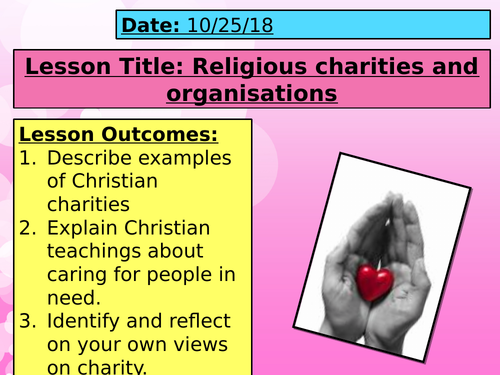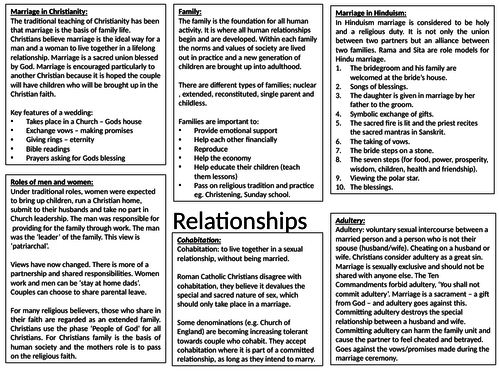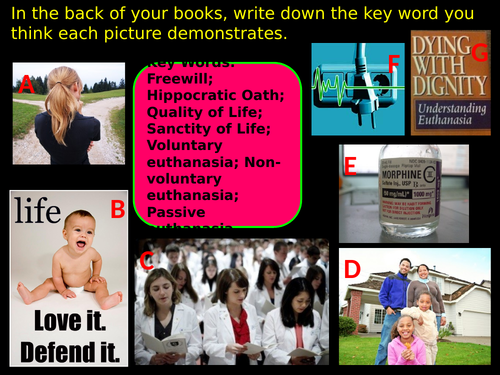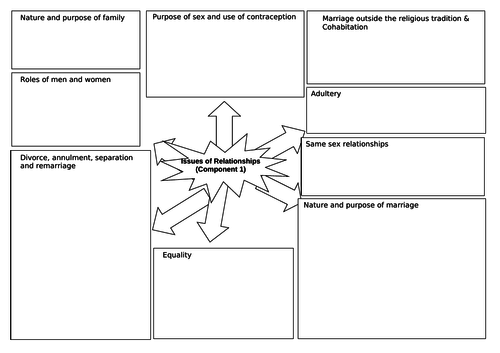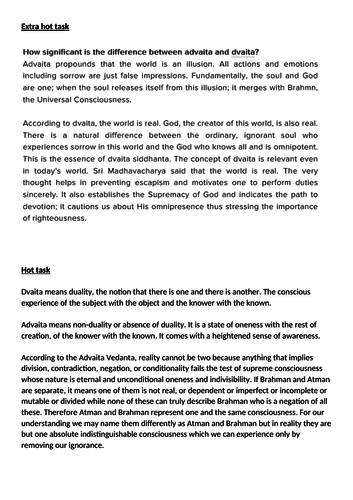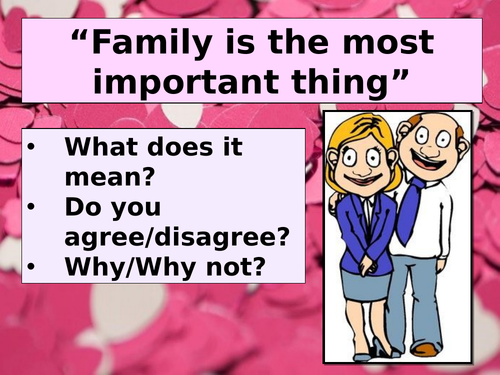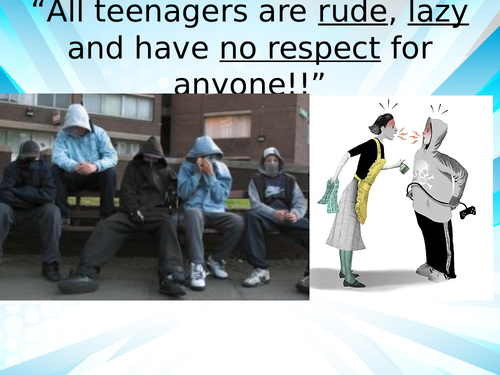Leana Andrews Shop
I am a Head of Department (RE) in a large school. I teach KS3, KS4 and KS5. I have had additional responsibilities in improving progress and attainment in RE. I teach Health & Social Care and Life Skills. I have also taught BTEC Applied Law, Psychology and PSHE. Prior to teaching my background was in forensic psychology, mental health, learning disabilities and research/quality assurance.













